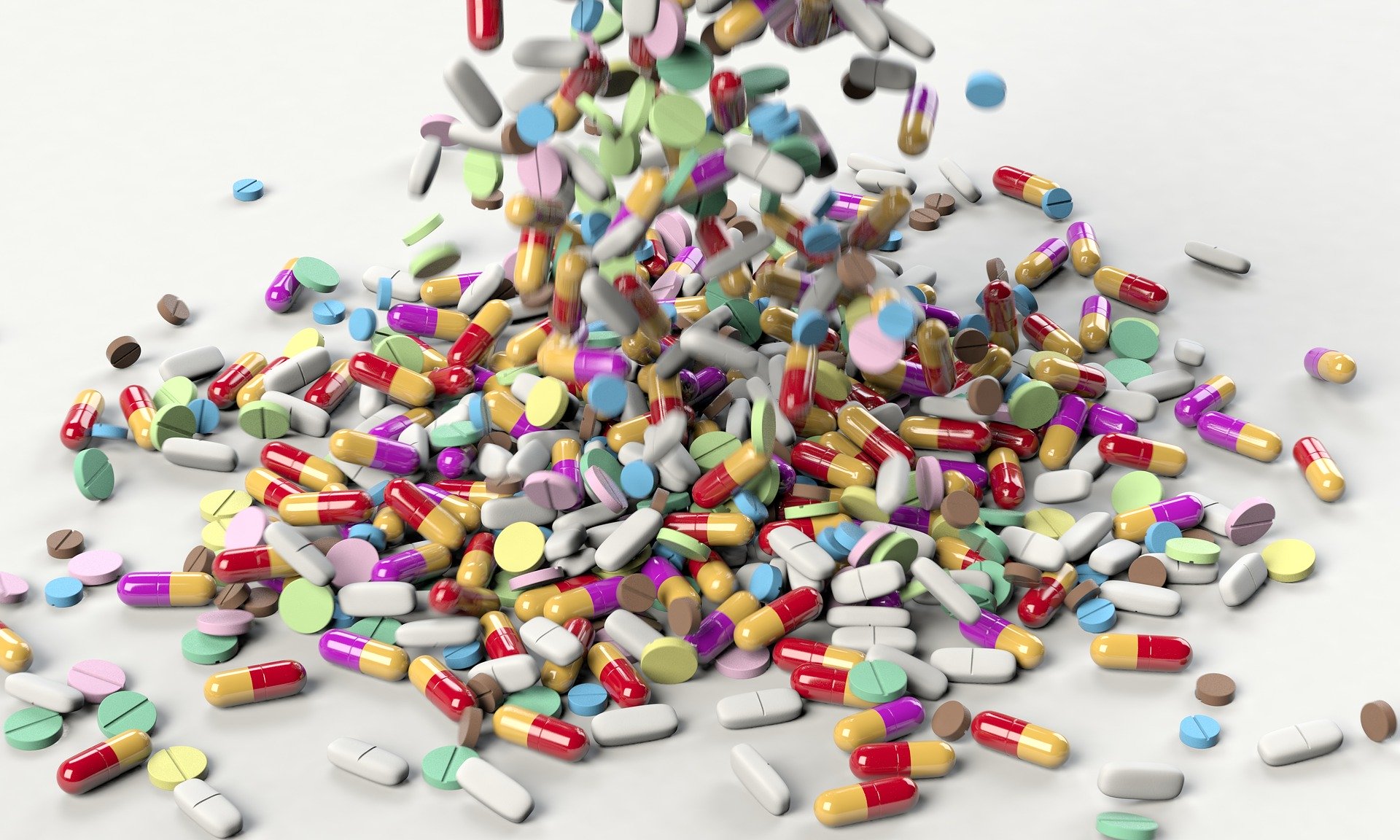Dylan Stoll | Health Editor
Featured Image: Microdosing is defined as the act of taking very small amounts of a particular substance to improve mental well-being. | Courtesy of Pixabay
A peculiar new trend has caused more than just a stir in the medical community lately. Microdosing is the act of taking drugs such as acid, DMT, mushrooms (psilocybin), or MDMA in very small quantities over the course of a period of time. This method has become the new form of treatment in the fight against depression and anxiety.
Many are hailing microdosing as the miracle cure, but how can one be sure that one isn’t just needlessly subjecting the brain to mind-altering drugs on a daily basis?
In spite of what the general consensus may be, the information behind this phenomena is slim to none. A review in the Journal of Psychopharmacology, written by a team of researchers hoping to define and analyze medicinal microdosing (specifically that of psilocybin) more sufficiently, found little in the way of actual solid data. As such, they feel that it is too early to say anything definitive on the subject.
Dr. Kim Kuypers of the Maastricht University in the Netherlands, the first author of the study, told MedicalNewsToday:
Patients might feel attracted by those reports to try it but may actually not be helped by it. We try to emphasize the lack of scientific proof that microdosing is indeed effective in combating certain symptoms and hope that this will give impetus to new lines of research in this area.”
But what is microdosing exactly? Professor David Nutt, the Edmond J. Safra Chair in Neuropsychopharmacology at Imperial College London in the United Kingdom, is the senior author of the review. After researching the ins and outs of microdosing, Nutt and his team define the phenomena by three main characteristics: very low doses that neither cause perceived change in the imbiber nor impair any normal functioning; multiple, scheduled dose times over a period of time; and a desire to enhance one’s self though microdosing. The amount itself, the ‘microdose,’ is defined as “approximately one-tenth to one-twentieth of a recreational dose.”
As for the lack of information related to microdosing, Nutt told MedicalNewsToday that the legalities of the substances are the main deterrent to gathering relevant data, but he and his team hope that the recent publicity will be of use in removing the red tape.
Kuypers holds the same sentiment: “This review is timely as a lot of hope is generated by positive media reports about alleged effects of microdosing.”
So, before you pop a few mushroom caps to write your next exam, remember that the data simply isn’t available yet and anecdotal evidence is hardly evidence at all without an empirical approach.
As Nutt and his team put it: “Rigorous, placebo-controlled clinical studies need to be conducted with low doses of psilocybin to determine whether there is any evidence for the claims of microdosing.”



